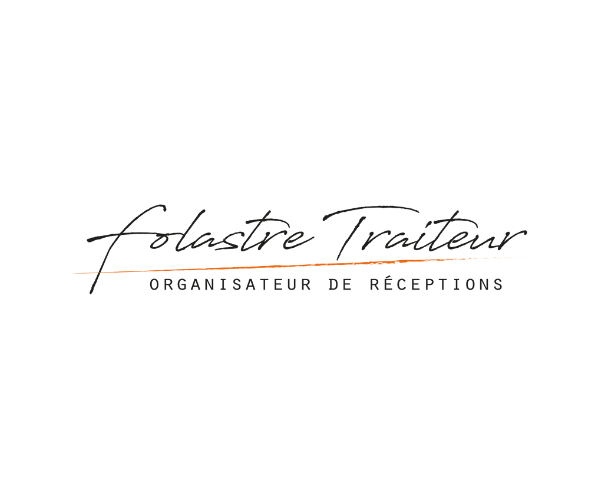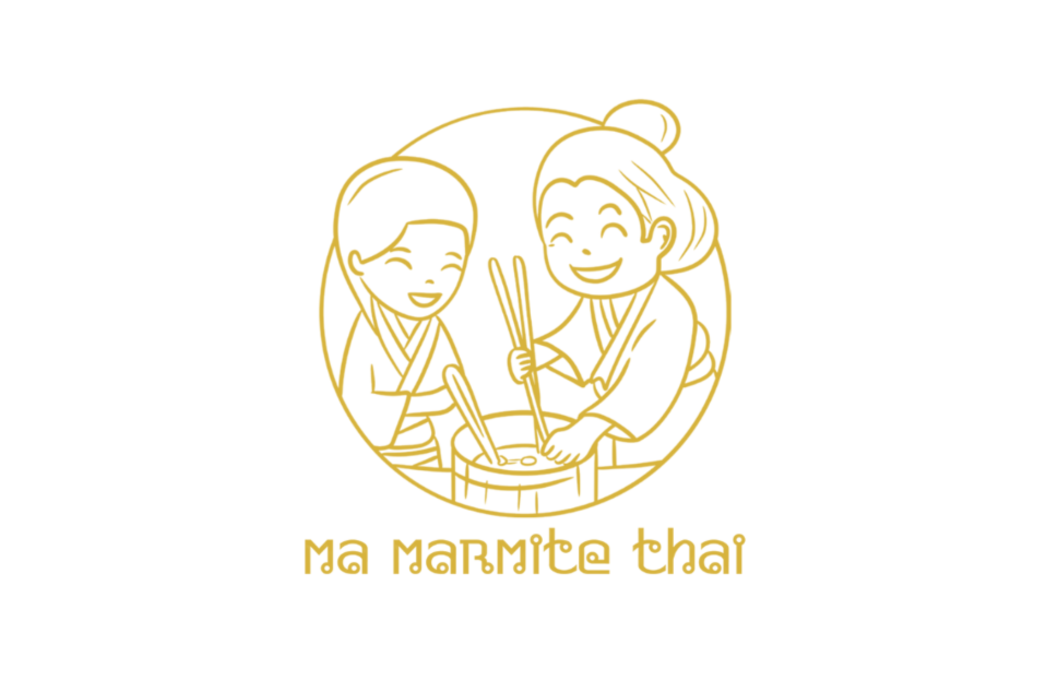Customer testimonials
Canned food: Folastre traiteur launches with the help of the CTCPA!
08
Oct

Published on : 08/10/2021

Folastre traiteur opens its pasteurized meals unit "Les Bocals of Fresneaux "
Traiteur Folastre has been working in Fresneaux-Montchevreuil for 20 years. For a few years now, Christophe Folastre has been thinking about diversifying his activity by creating a manufacturing unit for pasteurized dishes. The stop of the catering activity during the sanitary crisis and the financial help granted by the community of communes of Sablons were the triggers to concretize this project by acquiring a new laboratory of 150 m² where is now a big specific hood, a cold room, a cooling cell, and a dishwasher to wash the jars.
Christophe Folastre has created a total of 12 recipes classified in 7 different families. You can taste the traditional cassoulet, sauerkraut or sea food, or cooked dishes such as a veal sauté Marengo, beef estouffade à la provençale, poultry and mushroom risotto... without forgetting terrines (country, calf's liver, salmon) and soups such as coral lentil velouté. All of this is pasteurized in glass jars with a long shelf life of 6 months. The products are kept in a cool place, which allows us to produce in quantity while keeping stock.
For a meal (meat - vegetables), you should count between 8 and 11 €. The terrines are between 4 and 5 €.
Christophe Folastre explains: "We chose pasteurization because this preservation process secures our recipes and allows us to obtain a long shelf life while applying lower temperatures (compared to sterilization), which allows us to preserve the authenticity and organoleptic/nutritional qualities of the products. This is particularly interesting for fish."
To know:
The French and European regulation requires that the cold chain is respected for the caterers. By choosing the pasteurization, a caterer can thus increase the use of its cold chain and optimize its activity.
.jpg)

In what context did you call upon the CTCPA?
The CTCPA was recommended to me by several interlocutors (laboratory, equipment manufacturer...) and after some internet research, I decided to contact you!
I first followed the CTCPA canning course in Dury in February 2021 to learn the trade. It is an interesting training during which I learned a lot.
Then, the CTCPA (Xavier Devis, technology project manager) continued to accompany us to allow us to reach total autonomy as for the development and the control of the processes of pasteurization in view of a long DLC. The CTCPA guided us on the choice of the pasteurization values allowing to establish in agreement the production scales.
To know:
The heat treatment is a Critical Control Point of the manufacturing process of the pasteurized dishes of long conservation called also semi-preserves. In order to guarantee the sanitary safety in controlled temperature, the scales of heat treatment of the products must be determined according to a protocol, similar to that of the stable products in the ambiences, established by the authorities of controls (General Direction of the food and General Direction of the Competition, the Consumption and the Repression of the Frauds) guaranteeing thus the harmlessness of the manufacturings.
The support of the CTCPA after the training allowed us to be reassured about the safety instructions, especially for the launch of our new range of canned food.
Where do you stand today?
In the meantime, on the basis of the expertise brought by the CTCPA, I equipped myself with probes to be able to record the data in real time on my computer and thus guarantee the control of the traceability. This has allowed me to be autonomous in the development of the scales.
We made a first production which was sold in different local outlets, at less than 20km from our laboratory, such as: the grocery store of Montchevreuil, the grocery store O'Bocal of Neuilly-en-Thelle, the Proxi supermarket of St-Crépin as well as the two cheese dairies of Méru and Chaumont-en-Vexin
We are planning a next production in November.
____
Learn the job of canner thanks to the CTCPA! Find our different dates in all France : Amiens, Avignon, Nantes, Bordeaux, Auch, Mont-de-Marsan
or learn how to operate an autoclave at Nantes, Avignon, Amiens, Auch
They speak about it:
- Sablons: help for caterer to launch his cannery - L'Écho du Thelle (lechoduthelle.fr)
- Sablons: a help to the caterer to launch its canning factory - L'Observateur de Beauvais (lobservateurdebeauvais.fr)
- Christophe Folastre, the caterer benefits from a financial aid to launch a canning factory | La Gazette Oise
CTCPA Contacts:
- Xavier DEVIS, technology project manager (CTCPA Dury) - xdevis@ctcpa.org
- Alexandre DUPUIS, Director of the North-East and Ile-de-France division (CTCPA Dury) - adupuis@ctcpa.org
Contacts Traiteur Folastre :
- Christophe FOLASTRE, manager and head cook, christophe.folastre@orange.fr, 03 44 08 58 87
- Discover their website
- Christophe Folastre (@folastretraiteur) - Instagram photos and videos






